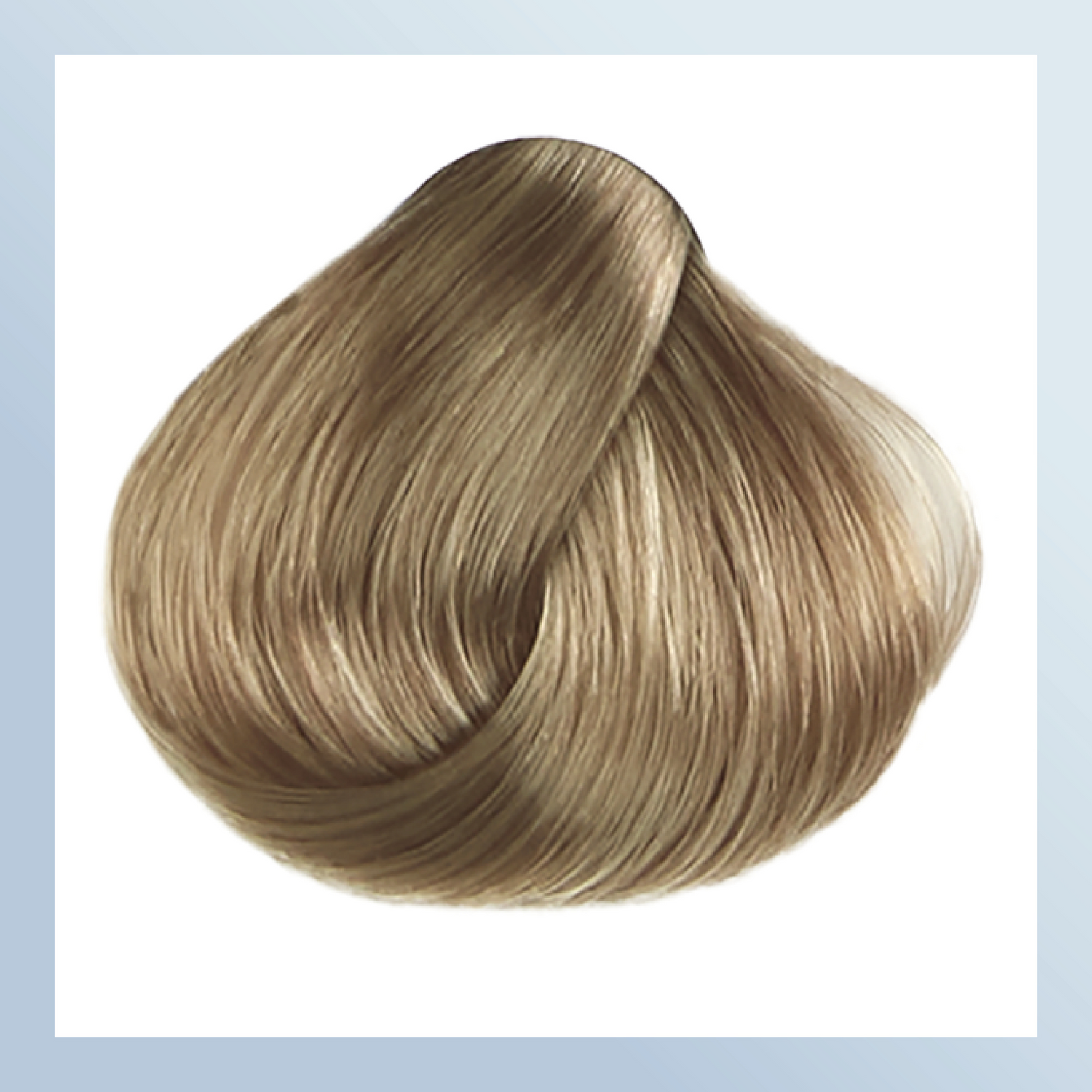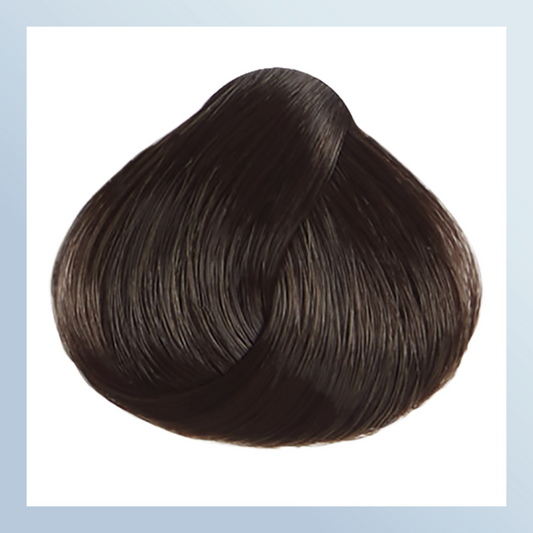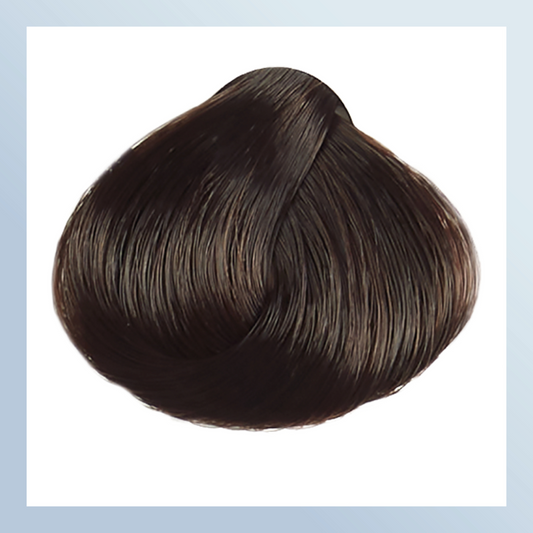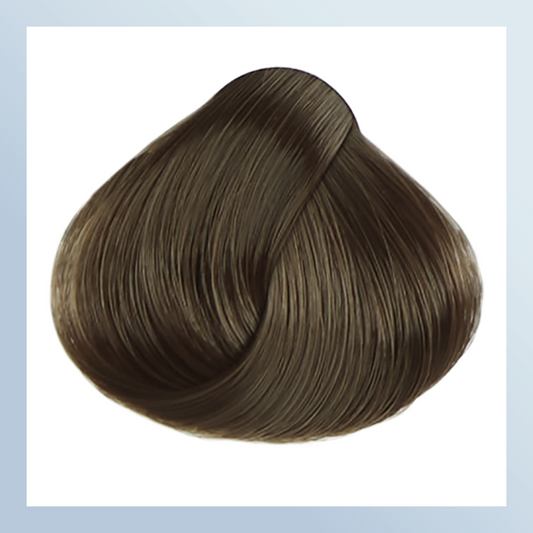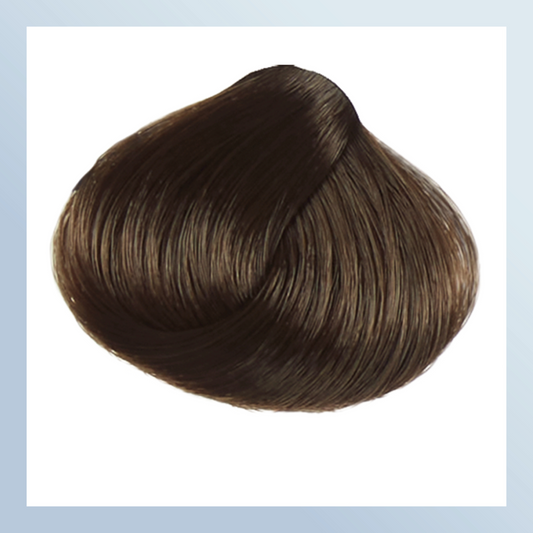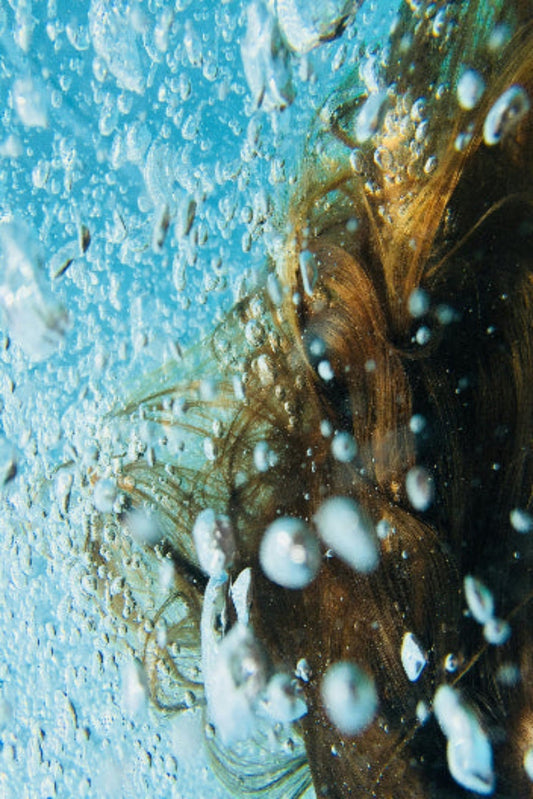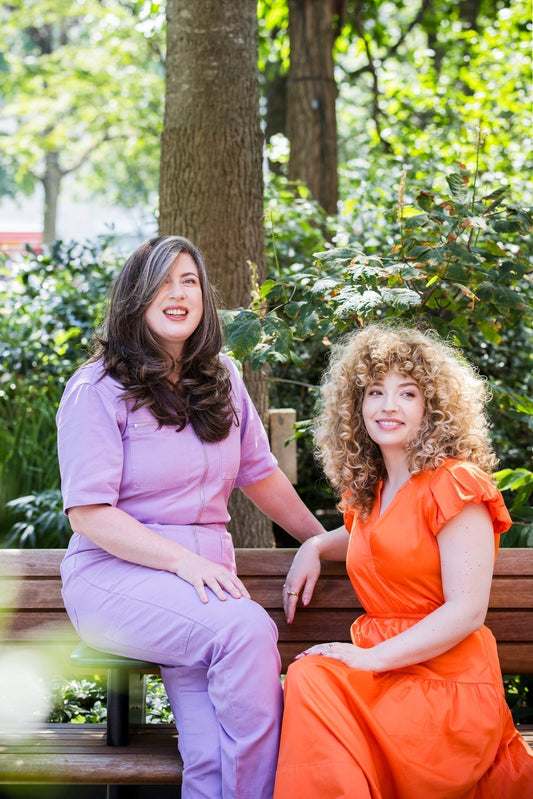WHAT DOES THE MENOPAUSE DO TO YOUR HAIR?
Menopause can lead to various changes in hair health, including hair thinning, loss of volume, changes in hair texture, and increased dryness and brittleness. This can be attributed to the decline in oestrogen levels, as it plays a crucial role in maintaining hair in its growth phase. Additionally, post-menopause hair may become more prone to breakage.
What Is The Menopause?
Menopause is a natural biological process that marks the end of a woman's reproductive years: typically in women between 45 and 55. During this change, the ovaries produce less oestrogen and progesterone, leading to hormonal imbalances.
Oestrogen is essential in maintaining hair growth, and moisture, while progesterone supports hair thickness and shine. As these hormones decline, various changes can occur in hair health.
Below, we will explore the effects of menopause on hair and provide practical tips and solutions for managing these changes.
Effects Of Menopause On Hair
Hormonal changes disrupt the hair growth cycle, when oestrogen and progesterone levels drop, hair grows much slower. Though genetics, nutritional deficiencies, stress, underlying medical conditions, and certain medications can also affect hair quality during this time.
It is important to note, if you are increasingly concerned about your hair health, please consult a professional. They can help you further understand what individual needs must be met for your hair to feel like itself again.
Changes In Hair: Thinning And Texture
Some women may experience thinning, frizz, wiry hair, or an overall loss of smoothness and manageability. This is due to hormonal fluctuations and decreased sebum production.
To manage changes in hair thinning and texture during menopause, consider the following strategies:
- Avoid using hair colour mixed with peroxide, regular bleach and alkalizers that dry the hair out making it unnecessarily brittle.
- Hydrating hair products: Use In salon shampoos, conditioners, and leave-in treatments designed to promote new hair growth and limit hair loss. avoid powdery products such as dry shampoo that can clog up the hair follicle.
- Nourishing hair products: Look for hair products enriched with biotin, keratin, or others that promote strength and growth.
- Gentle detangling: Use wide-toothed combs or your fingers to detangle hair, minimising breakage.
- Anti-frizz serums or oils: Apply a small amount of anti-frizz serum or natural oil for shine.
- Gentle hair care: Use mild, sulphate-free scalp specialised shampoos and conditioners to minimise DHT and create a clean healthy environment on the scalp.
Dryness And Brittleness
Hormonal imbalances during menopause can disrupt sebum production, the oil that lubricates the scalp and hair. Standout signs may include increased breakage, reduced shine, split ends, and straw-like textures.
To combat dryness and brittleness, follow these tips:
- Hydrate from within: Drink plenty of water to hydrate your body and promote overall hair health.
- Use a moisturising hair mask: Treat your hair to a deep-conditioning hair mask once or twice a week to restore moisture and improve elasticity.
- Avoid excessive heat: Minimise using heat styling tools and protect your hair with protectant sprays.
- Trim regularly: Regular trims can help get rid of split ends and prevent further breakage.
Loss Of Volume And Luster
The decline in oestrogen levels during menopause affects the size of hair follicles, the hair shafts become thinner, decreasing hair's overall volume.
To enhance the volume of your hair, try these styling tips:
- Blow-drying techniques: Use a round brush while blow-drying your hair to create lift and volume at the roots.
- Teasing or backcombing: Lightly tease the hair at the crown or use backcombing techniques.
- Avoid heavy products: They can weigh the hair down and make it flat.
Solutions For Menopausal Hair Issues
Maintaining overall hair health during menopause involves adopting healthy hair care practices.
A recommended hair care routine for menopausal women may include:
- Washing: Wash your hair as needed with a mild shampoo and conditioner suitable for your hair type.
- Conditioning: Use a moisturising conditioner to nourish and hydrate your hair after shampooing.
- Deep conditioning: Treat your hair to a deep conditioning treatment once or twice a week to restore moisture and improve texture.
- Scalp care: Shampoo and massage your scalp regularly using specialised treatments at home to stimulate blood flow and promote healthy hair growth.
- Styling: Choose gentle styling techniques and avoid excessive heat and chemicals.
Look for products that are free from harsh sulphates and contain ingredients like biotin, keratin, argan oil, or coconut oil. Avoid products with high alcohol content, as they can dry out the hair.
Professional Hair Treatments
If you're experiencing significant hair concerns during menopause, professional hair treatments can be beneficial.
These may include:
- Scalp massages: Professional scalp massages can stimulate hair follicles and promote blood circulation.
- Deep conditioning treatments: Deep conditioning treatments performed by hair professionals can restore moisture.
- Laser therapy: Low-level laser therapy may help promote hair growth.
- Never use hair anything that puts weight on your follicles.
- Consulting a hair professional or a dermatologist is important: They can evaluate your specific needs and recommend suitable treatments or products.
Impact Of Stress Management And Exercise On Hair Health
Prioritise self-care during menopause.
Take time for yourself, practice relaxation, engage in joyful activities, and surround yourself with a supportive network of friends and family.
And protect your hair from external factors that can cause extra damage:
- Sun protection: Wear a hat or use UV-protective hair products when spending time in the sun.
- Minimise chemical treatments: Limit the use of harsh chemical treatments like perms, relaxers, or mainstream dyes.
Nurturing your overall well-being can positively impact hair health.
Menopause brings about hormonal changes that can significantly affect hair health. By adopting healthy practices, seeking professional advice and prioritising self-care, women can effectively manage their hair health during this transformative phase of life.
Remember, every woman's experience is unique, and finding the right solutions for your individual needs is key to embracing the beauty of your hair during menopause.
Are you experiencing hair changes due to menopause? Visit Natural Colour Works, a leading menopause hair salon, to restore and enhance your hair's health and beauty. Discover our specialised treatments and expert advice to address menopausal hair issues. Transform your hair with Natural Colour Works today.
